Being an entrepreneur is challenging. Being a parent – even more so. But startup founders who manage both know that kids are a great source of inspiration and learning.
To celebrate the International Children’s day today, The Recursive has prepared a list with parents from the regional ecosystem who express how their kids have helped them grow and turn into better humans.
#1 We always learn through failure.
Vassil Terziev is the biggest angel investor in Bulgaria and among the most active ones in the whole region. He also co-founded one of the most successful tech companies in Bulgaria Telerik. Here’s what he shares:
“I learned something very important about how kids learn about stuff. It is always through failure. And as a parent, you can not eliminate failure. What you can do is to control the swim lane where failure happens and to minimize the impact. And this has served me well in business too. Because you see in a business setting, people are like kids – you know they are going to fail but you have to embrace it and let them fail.”
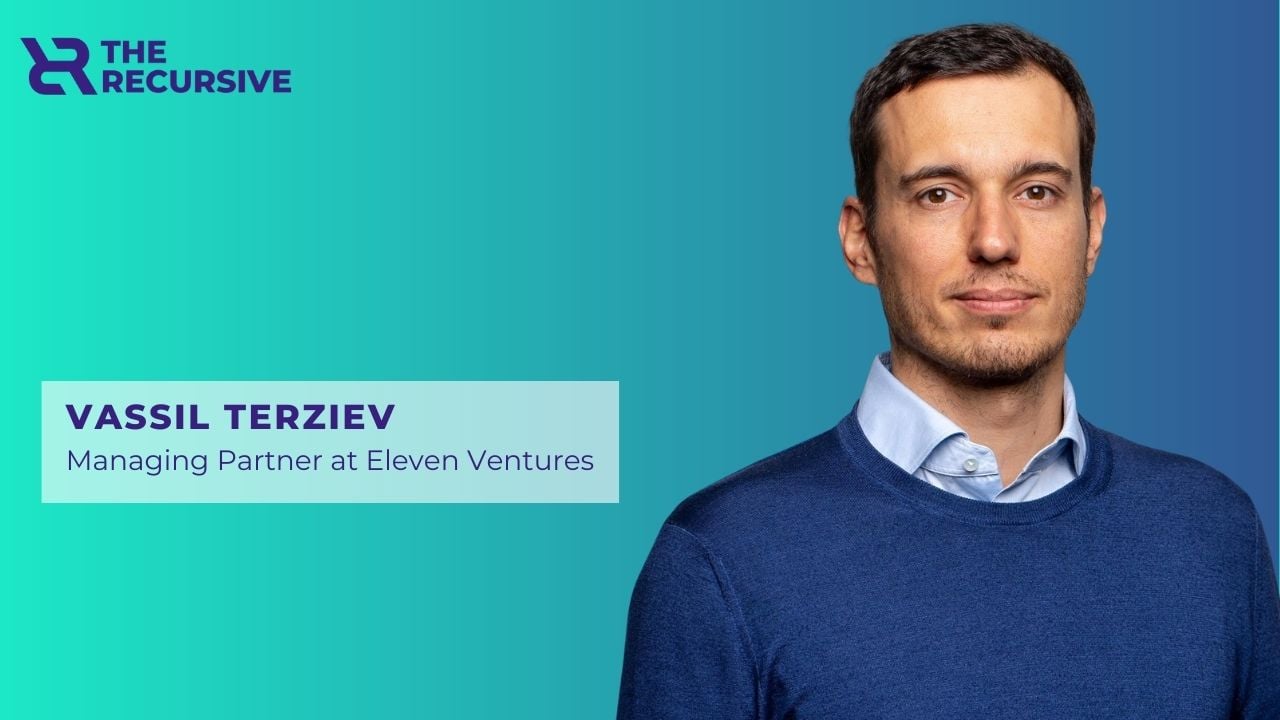
Take a look at how to multiply success with Vassil Terziev from Eleven Ventures.
#2 Kids help you balance your time and perspective.
Maya co-founded Find Me Cure to bring research closer to patients with two friends. One of them is her husband, and together, they are also raising two children. She shares with the Recursive:
“Family gives you a good reason to take a break from what you are doing. To see a different perspective.
I want to be a good mom. I want to spend time with my kids. I need to spend time on my business but I also need to spend time with my kids. That teaches me on being better at time management but it also gives me time to change the focus, to change the perspective.
I think that actually my kids, my family, helps me be healthier and more focused on the business as well. They balance.”
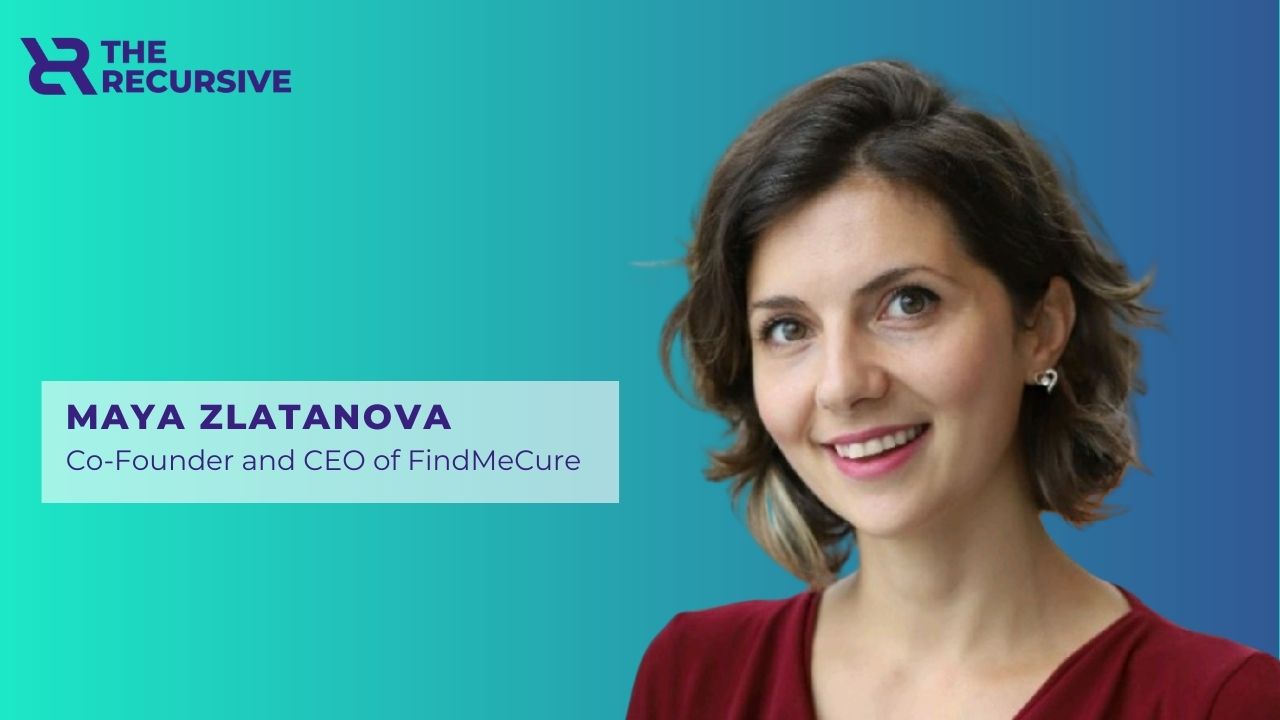
Learn more about what success means to Maya Zlatanova from FindMeCure.
#3 What matters is the impact that you are making, not your business plan.
The French serial entrepreneur Gregoire Vigroux who is а founder of the waste fighting startups bonapp.eco and Fenix, says:
“When I am explaining to my three kids about what I do at work, am I going to tell them about the pitch deck? Am I going to tell them about the business plan? No. I want to tell them about the impact. I want to tell them: “You know, daddy launched a refurbished smartphone company because producing a new smartphone is a catastrophe for the environment.”
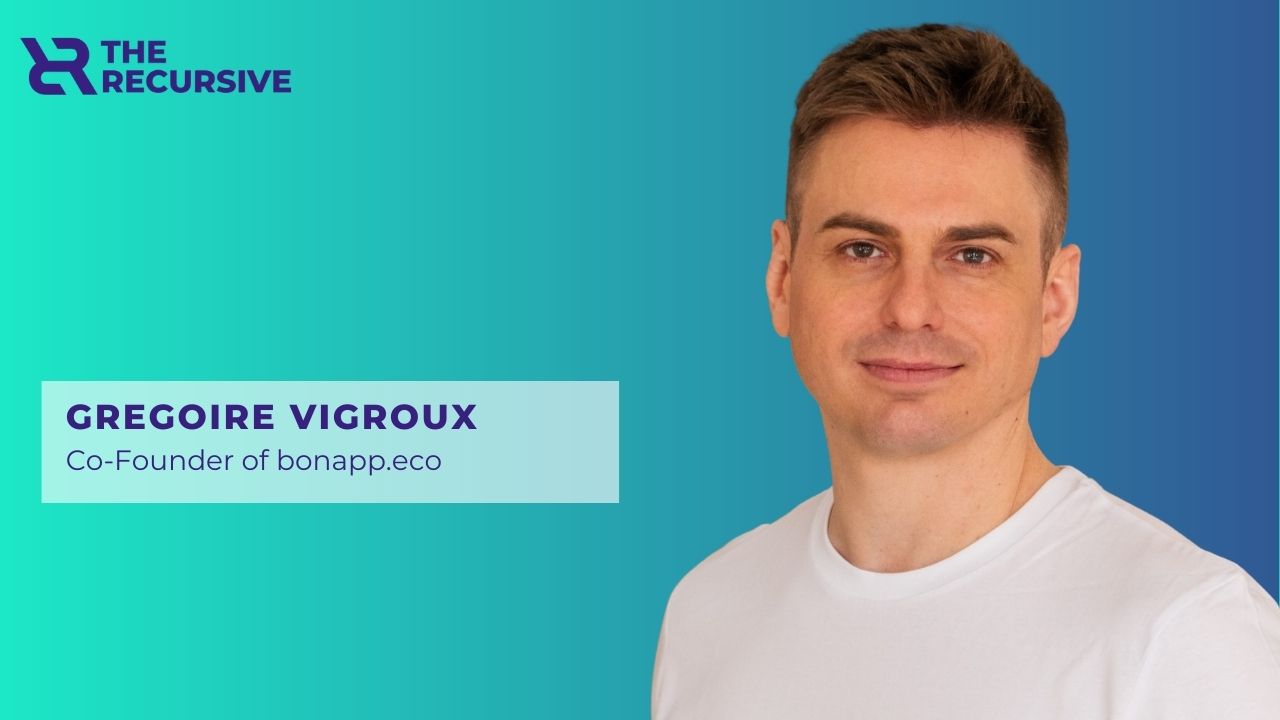
Read more about how to disrupt and make an impact with social entrepreneur Gregoire Vigroux.
#4 You can’t make a difference if you don’t dedicate time and attention.
Ciprian Stanescu is the co-founder of Social Innovation Solutions, an organization that helps entrepreneurs create sustainable tech and policy solutions. He decided to become an entrepreneur after the birth of his child:
“Not a lot of entrepreneurs start when they have a kid. They say – “It’s too complicated’. But I think it gave me a lot of stamina and a lot of courage to actually release myself, from the amazing jobs that I had and actually go full frontal and design my own company and organizations.
We all know what mothers do, or we think we know. But being a parent is a full-time job. Raising a company is a full-time job. One of my lessons was that you can not really start a company, an NGO, or a movement if you just dedicate half an hour.”
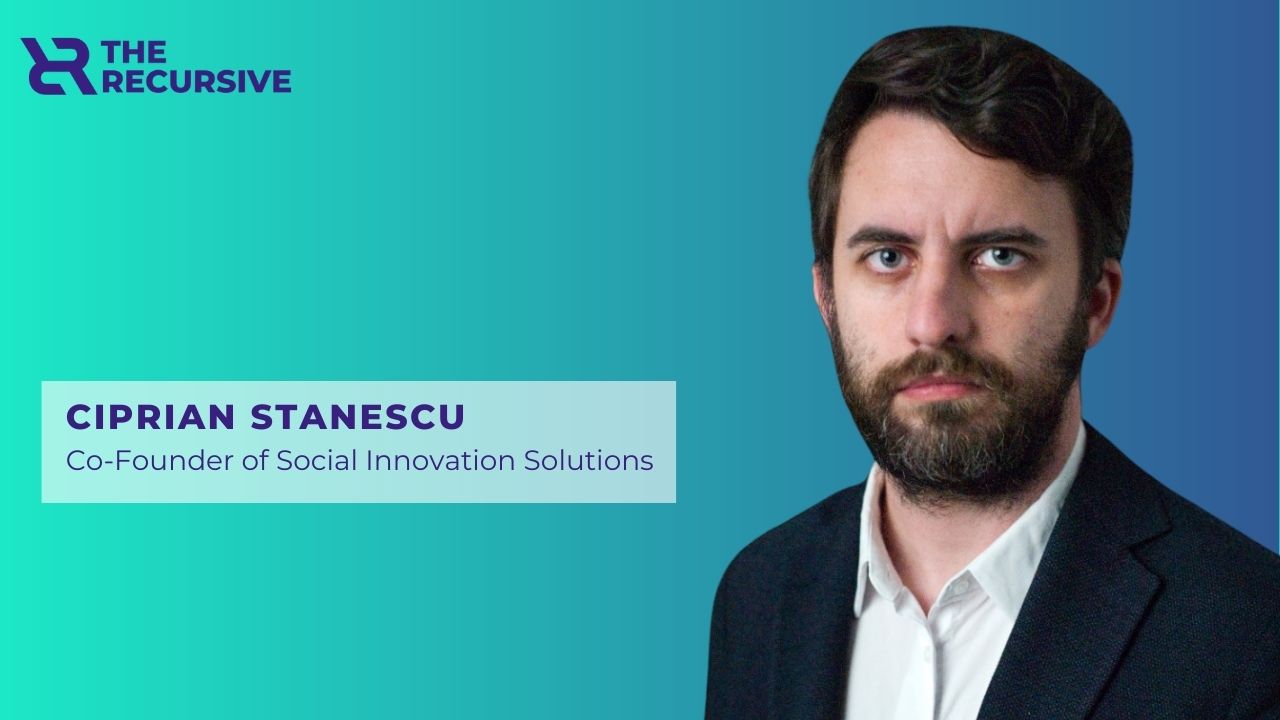
Learn more about bursting the entrepreneurial bubble with Ciprian Stanescu from Social Innovation Solutions.
#5 Your kids can be a great mirror whether you are walking on the right path.
Ilinca Paun, co-founder of The Entrepreneurship Academy, where she became a teacher, advising young people on their journey, switched from a corporate career to entrepreneurship. Her family was at the core of this decision.
“My kids were a great mirror. My personal life has always struggled because of my career, my artificial needs and values because I did not know what I was and who I was.
This is what I regret the most, that I did not stop earlier to ask myself: “What do you want’, and “Who are you”, and “Why are you going on a route that maybe isn’t yours”
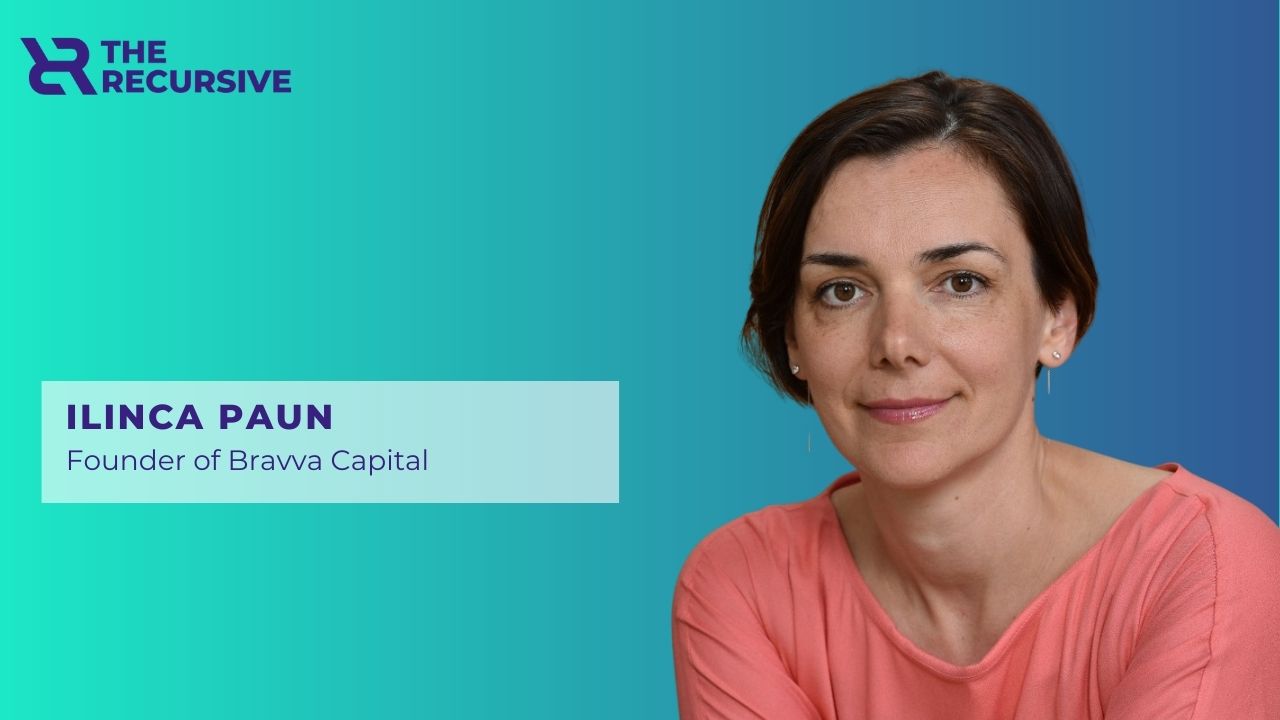
The system or you? Learn more about how to reclaim your inner power through Ilinca Paun’s experience.
#6 Keeping your family close keeps your priorities in check.
An entrepreneur at heart, Bogdan Nicoara created Bright Spaces, an end-to-end digital leasing platform for commercial real estate. What he says about parenthood is:
“You need some very stable pillars, which is extremely uncertain as we do business. To balance this, to me, the family is very important, and I want to have them close. If, at some point, I would need to move in order to grow the business, I would only do so if I had the family with me. If not, we will try to find another solution.”
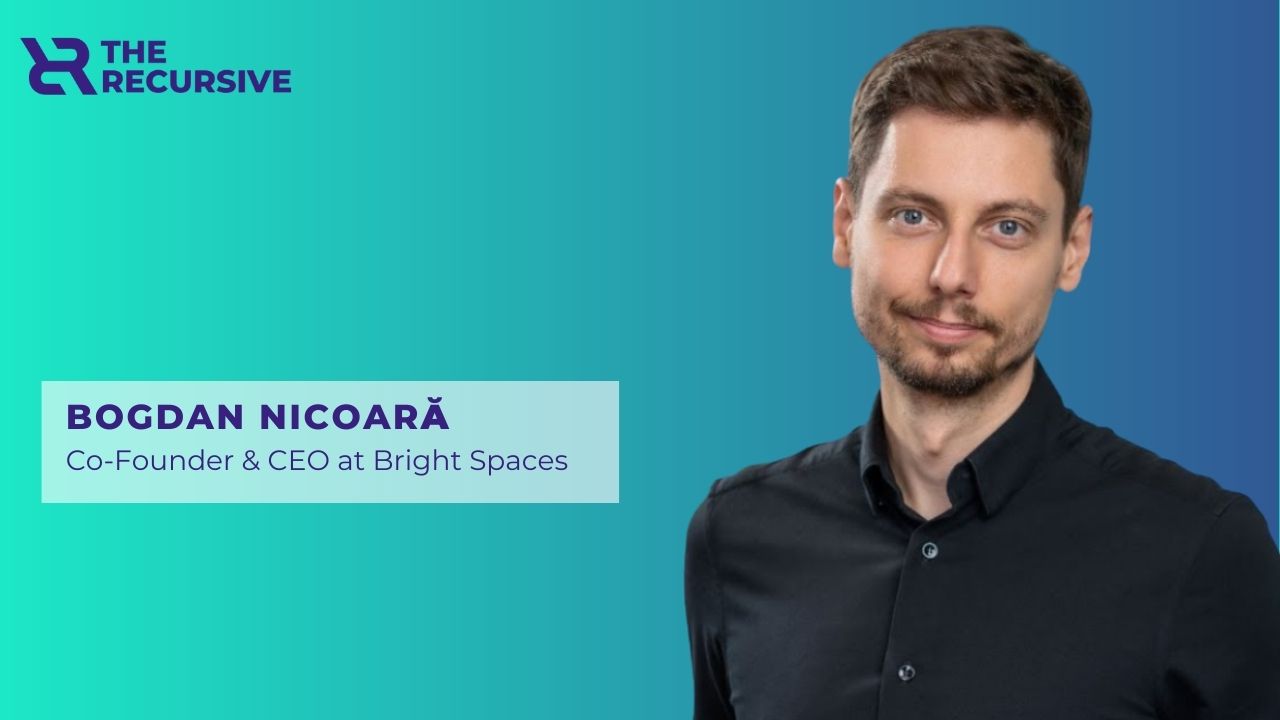
Read more about Bogdan Nicoara and his thoughts on the perfect moment to think globally as a startup founder.
#7 Learn through play and experimentation.
Peter Mitev, co-founder of software company Chaos and owner of Oscar and Emmy awards for technological achievements, adds:
“I really believe in the power of kids. I have had a lot of conversations with a lot of people here in Bulgaria about the educational system and how we can change it and shape it, and move it to the next level.
I personally believe that a kid can start developing when they are 7. Software development. There is nothing that stops them. There is an old perception that they need to study and understand mathematics and understand a lot of other things, which is wrong.
Kids study by playing, not by reading. That is one way to approach the whole learning process. ”
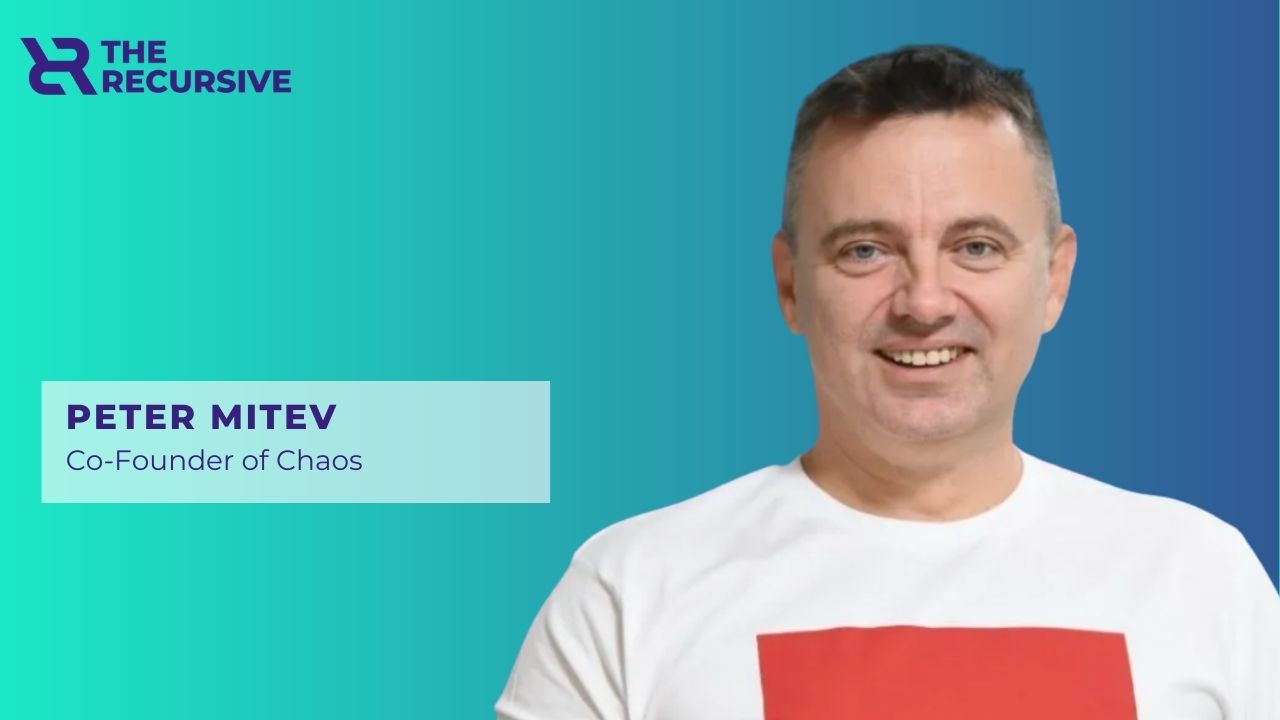
Read more about how to build a brand people trust Peter Milev from Chaos.
Parents @ work
The Recursive is happy to introduce our “After Hours” series of events that we have started with the mission to explore, discover, and debunk everything regarding tech talent, culture, and IT career development in SEE. On June 9, we are kicking off with “Parents @ work: Choosing between family or career … or both?” to hear out the perspective of working parents, HR experts, and employers and understand what parents are really looking for in a job.







